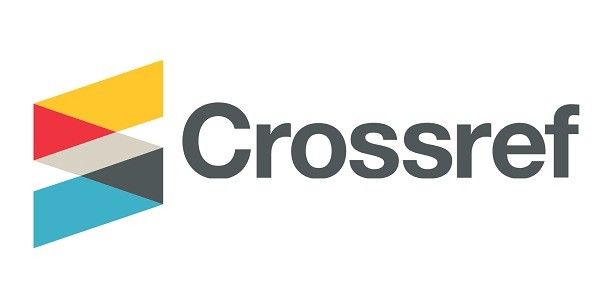The effect of training units through circuit training method of Maximum Aerobic Power (PMA) for soccer players A field study for the MCEE team, class U19 Active in the first and second professional Algerian national section
DOI:
https://doi.org/10.58305/ejsst.v13i47.306Keywords:
training units, Circuit Training, Maximum, Aerobic Power (PMA), Soccer, and Juniors U 19Abstract
(PMA) for soccer players of U19. As for the methodological aspect, the researcher used the experimental approach due to its suitability to the nature of the research and as a representation of the research community in the U19 players of the clubs active in The first and second national section of the Algerian professional for the youth groups is represented by (11 teams) with a total of (275 players), and the sample was selected in a simple random way and consisted of 20 players who were divided into two groups (an experimental sample and a control sample) each group consisted of 10 players Amateur sports club, MCEE, and a test was relied on as a study tool (Test Georges Gacon 45/15) with two measurements (pre and post) in order to know the impact of these proposed training units on the development of (PMA).
The researcher also relied on the following statistical methods:(the Statistical Program "SPSS V 26", Arithmetic mean, Standard Deviation,Pearson correlation coefficient, T-Student Test for paired “dependent” sample).
The researcher suggests the following:
- a proposal to use the circular training method (Circuit training) to develop and develop the maximum aerobic Power (PMA) among soccer players, especially for youth groups, including the(U19) category.
- the proposal to use the Circuit training method with intermittent training (Intermittentes) to improve the maximum aerobic Power (PMA) in soccer players, especially for youth varieties .
- the proposal to integrate physical exercises with the ball when developing the maximum aerobic Power (PMA) in the exercises, because it is closely related to the basic movements used by soccer players in official competitions .
- The suggestion of experimenting and employing the training modules proposed by the researcher in similar future studies and related to his research.










